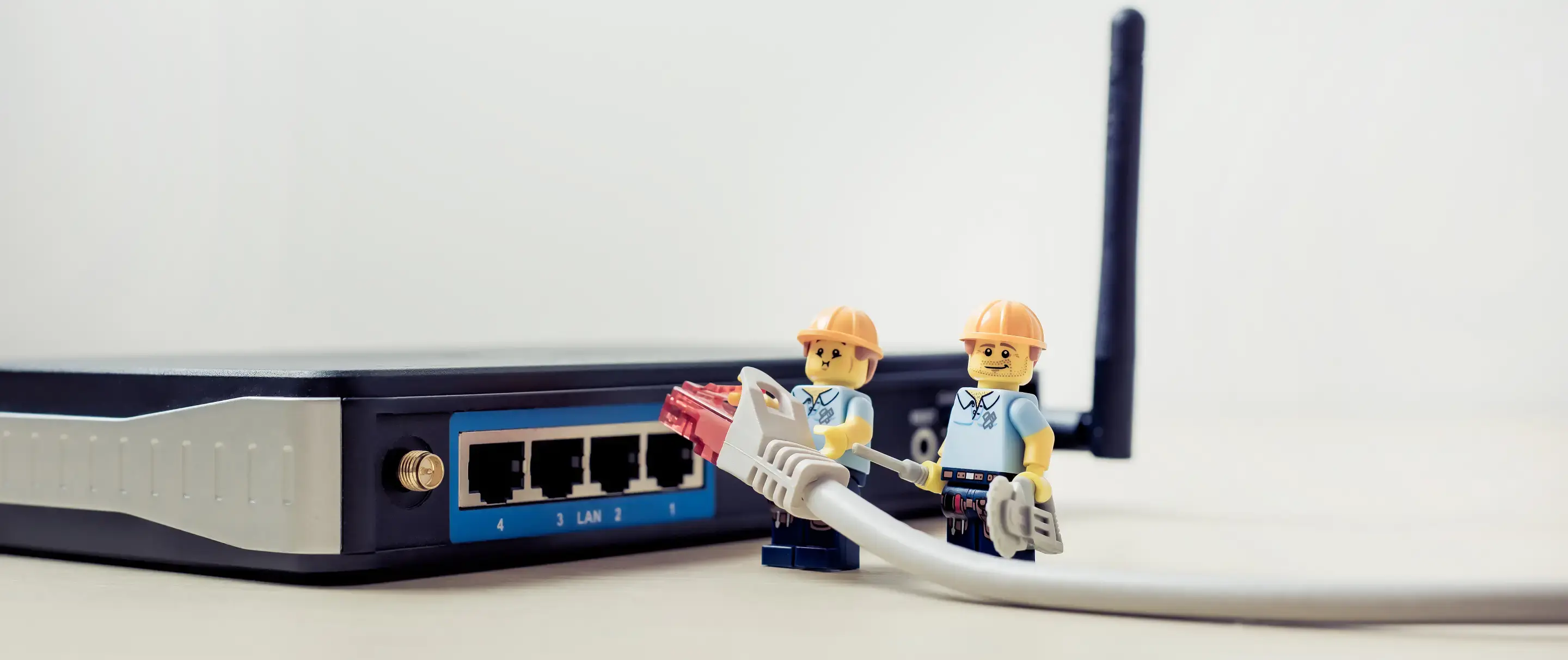Decoding the U.S. Treasury Breach: A Cybersecurity Wake-Up Call for 2025
Near the end of 2024, on December 31st, the U.S. Treasury Department announced they had suffered a cybersecurity breach earlier that month, in what they called a "major incident." This is the latest in a high-profile series of attacks on U.S. Government agencies and infrastructure, which escalated throughout 2024. This incident, with connections to Atlanta through BeyondTrust's involvement, offers valuable lessons for local businesses about securing digital landscapes.
The Incident Unveiled
How Did It Happen?
The breach was first detected by BeyondTrust on December 2 after unusual system activity was flagged. However, the Treasury Department was only informed on December 8, highlighting a communication delay that may have worsened the situation. Immediate steps were taken to isolate affected systems and take the compromised service offline. Collaboration among the Treasury, the Cybersecurity and Infrastructure Security Agency (CISA), and the FBI was crucial in assessing the damage and initiating containment.
Further investigation revealed that hackers exploited the vulnerability to gain insights into Treasury Department operations, potentially targeting economic policies, sanctions, or sensitive information about high-profile officials. This serves as a stark reminder that even government agencies, with their extensive security measures, are vulnerable when third-party systems are involved.
Implications for Businesses
Third-Party Security: Your cybersecurity is only as strong as the weakest link in your ecosystem. When integrating third-party services, ensure they employ robust security measures to prevent vulnerabilities from being exploited.
Remote Access Risks: Remote work has introduced new attack vectors. Secure these access points with strong authentication, regular updates, and endpoint monitoring. It's not just about enabling remote access but ensuring it's fully secured.Data Classification: Even "unclassified" data can have value. Businesses, including mom-and-pop operations, often unknowingly store data worth tens of thousands of dollars to cybercriminals. Understand your data—its type, location, and accessibility—and secure it appropriately.
Response Time: Rapid response can significantly mitigate the impact of a breach. This incident underscores the importance of a well-practiced incident response plan for swift action.
Lessons for Atlanta's Business Community
You May Also Like
These Related Stories

Lessons from Fulton County’s 2024 Cyberattack

HIPAA Finally Shows Its Teeth: The $350,000 Dental Group Fine


